Lent is a special period in the spiritual life of spiritual people. It is a great opportunity to have a heart to heart conversation with God and yourself. Without the deep spiritual component, fasting becomes a simple diet and far from the most beneficial for your health.
Up to 80-100g of protein should be consumed during fasting to maintain good health and body energy, but in this case it should only be of plant origin. In fact, plant based foods contain a lot of protein. Another issue is that not all plant proteins are well digested. So nutritionists recommend supplementing your meat-free diet with plenty of fresh vegetables and herbs. These foods help absorb all the nutrients from the legumes, nuts and grains that should form the basis of a vegan diet.
Here are some basic protein sources during fasting.
Lentils contain 24 g of protein per 100 g of dry product. They are considered to be one of the healthiest vegan foods. In the Middle East they are called the meat of the poor, but there is nothing better than a warm lentil soup during fasting.
Beans contain 21 g vegetable proteins per 100 g of dry product. Not all of this weight is absorbed, but if you add salads with fresh herbs to beans, absorption will be better. You can always make vegan bean soup or beans in a pot.
Chickpeas contain about 20 g of protein per 100 g of dry product. Chickpea broth is very similar to chicken broth and makes excellent vegan soups.
Soybeans are also an excellent source of protein during fasting - 100g soybean flour contains up to 35g of protein. Soy cheese - tofu, contains 7-0 grams of protein per 100 g. But you should use soy with caution, in large quantities it is unfavorable for the thyroid gland.

Oats contain 17 grams of protein per 100 grams and are also extremely rich in B vitamins and minerals such as phosphorus, magnesium, potassium, iron and copper.
Wheat bran contains 15.5 g of protein per 100 g of product. In addition, there is a large concentration of useful vitamins and minerals in them.
Peas contain 6.7 grams of protein per 100 g of product. They are rich in vitamins and minerals and at the same time are low in calories. So pea soups, pea stew and pea patties will be good for you when you don't eat meat.
Cashews contain 25 g of vegetable proteins per 100 g of nuts. But remember that cashews are the most caloric and fatty nut, you can eat only limited amounts for the day.
Walnuts contain 15 g of protein per 100 g of product. They also contain many beneficial fatty acids and minerals.
Almonds contain 21g of protein per 100g when roasted and 15g of protein when raw.
Sunflower seeds also contain 21g of protein per 100g. They also contain high amounts of omega-6 fatty acids and omega-9 fatty acids, many minerals and vitamin E and B1, B5 and B9. Note that they contain more than 50% fat and their consumption in large quantities is not desirable.
Peeled and dried pumpkin seeds contain 24 g of protein per 100 g. They are also rich in magnesium, potassium and zinc.
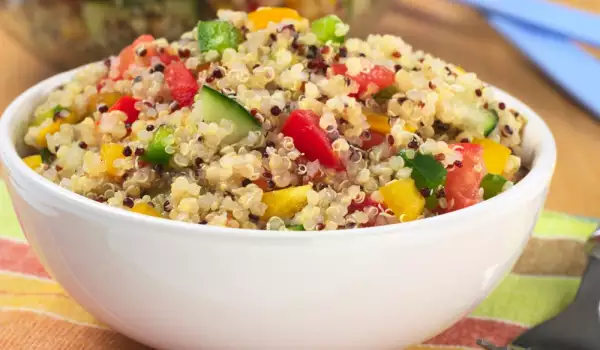
Quinoa contains 14g of protein per 100g. It also has a lot of B vitamins. You can add it to stuffed peppers, stuffed zucchini, tomatoes and any similar stuffed vegetables. Quinoa salad can also be a delicious vegan meal.
Buckwheat contains 13 g of protein per 100 g of dry grains, and in addition, it has a lot of iron, the reserves of which are quickly depleted during fasting.
Millet contains about 11 g of protein per 100 g.
Sesame seeds contains 19 g of protein per 100 g of seeds. They are also an excellent source of calcium.
There are few proteins in avocados, only 2 g per 100 g of product. But on the other hand, they are well absorbed and also have a lot of beneficial fatty acids and fiber.
Brussels sprouts contain about 5g of protein per 100g.
Spinach contains about 3 g of protein per 100 g and is an excellent source of vitamins B and C.
Black bread, vegan and without sugar contains 7 g of protein per 100 g of product.
Dark chocolate with over 85% cocoa contains 11 to 13 g of protein per 100 g.
The list does not claim to be complete, but as you can see for yourself, getting enough protein during fasting is not impossible. It remains to let your imagination run wild and cook your wonderful vegan dishes.
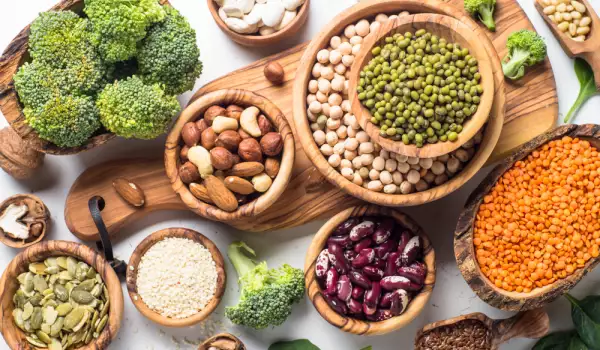
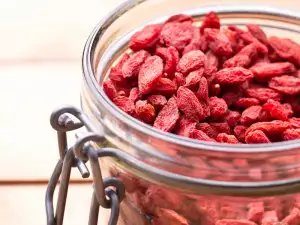
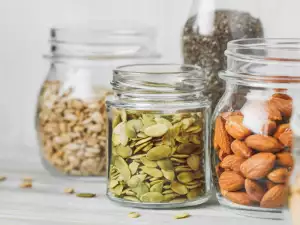
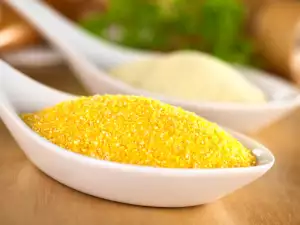
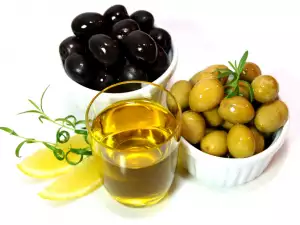

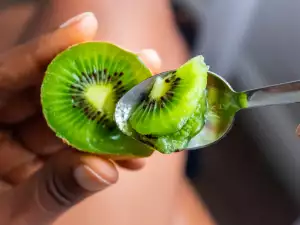





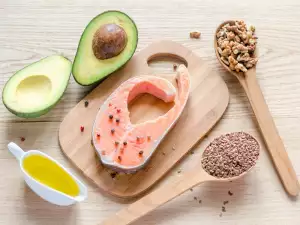

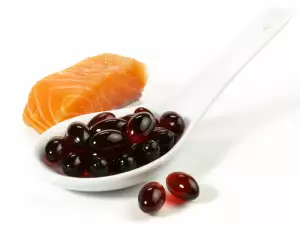
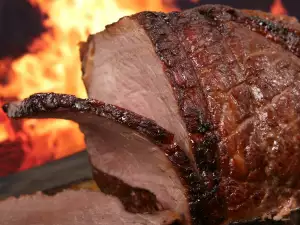




Comments